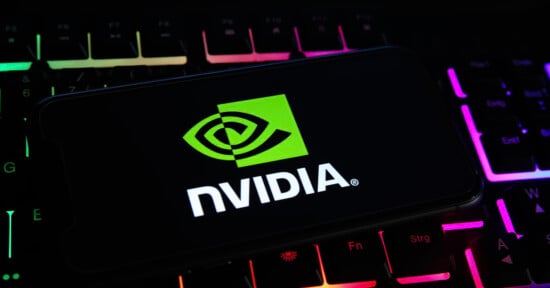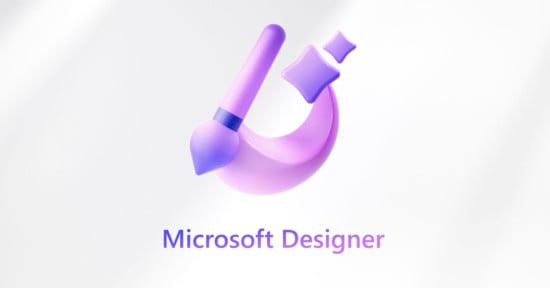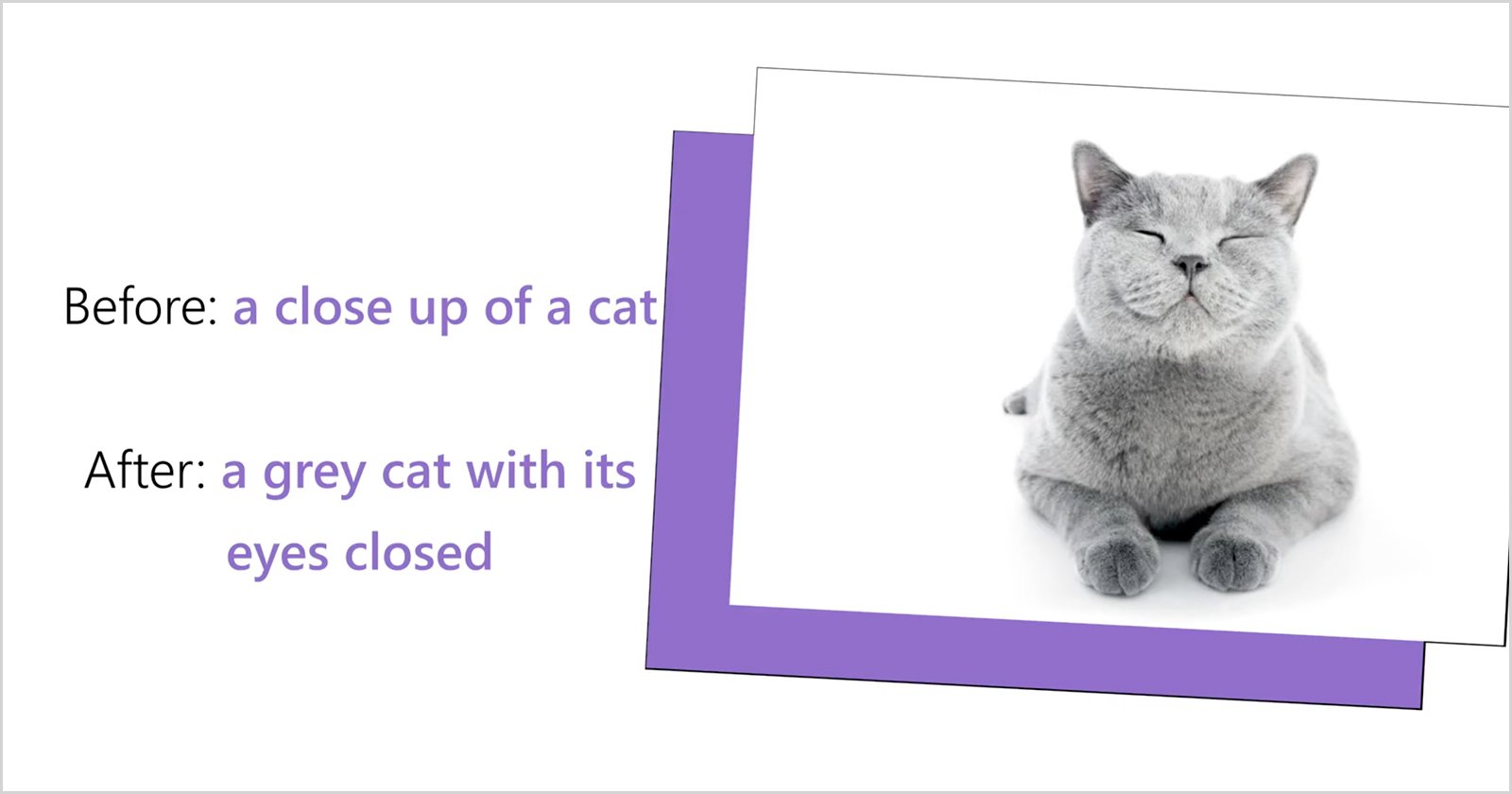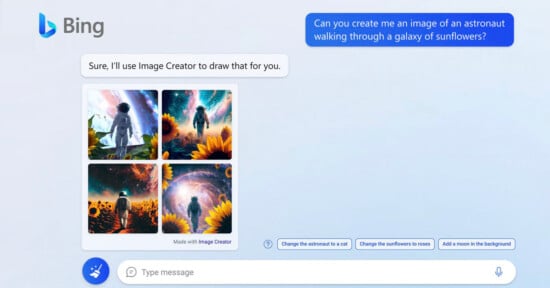The Head of Microsoft AI Thinks All Content Online is ‘Fair Use’
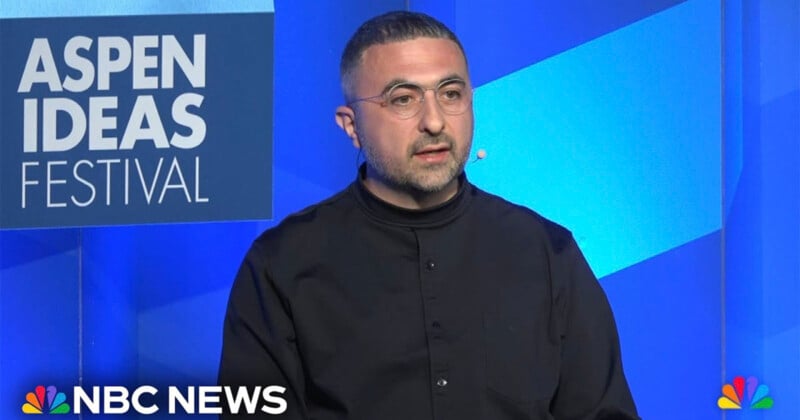
The CEO of Microsoft AI Mustafa Suleyman has shown an alarming ignorance of copyright law after he claimed that all content on the open web is fair use.
According to Suleyman, any content on the open web, including photographs, is fair use meaning that “anyone can copy it, recreate with it, reproduce with it.”
Speaking at the Aspen Ideas Festival, CNBC’s Andrew Ross Sorkin asked Suleyman whether “AI companies have effectively stolen the world’s IP?”
“I think with respect to content that’s already on the open web, the social contract of that content since the ’90s has been that it is fair use. Anyone can copy it, recreate with it, reproduce with it. That has been ‘freeware’, if you like, that’s been the understanding,” Suleyman says.
Microsoft AI CEO Mustafa Suleyman: the social contract for content that is on the open web is that it's "freeware" for training AI models pic.twitter.com/FN1xrqnJC0
— Tsarathustra (@tsarnick) June 26, 2024
False
Suleyman’s claims are demonstrably untrue. If a photographer posts their work online it does not automatically become available to use for a trillion-dollar company like Microsoft or its partners OpenAI.
A photograph, or any other type of creative work, is afforded copyright protection from the moment it is created — regardless if it is shared on the open web or not.
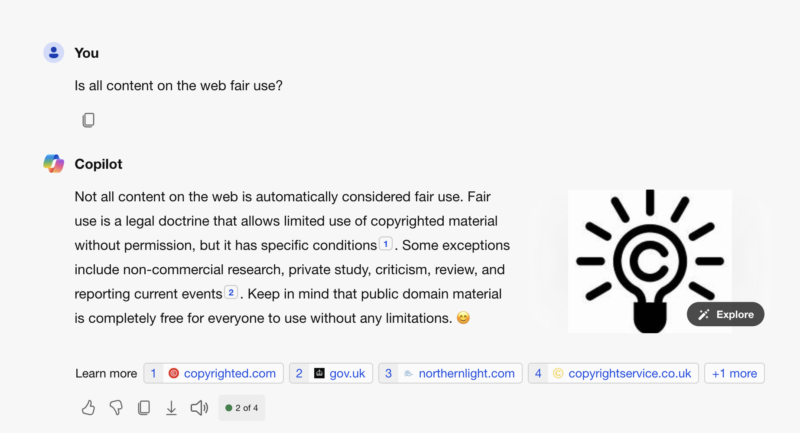
Ironically, Suleyman’s comments are at odds with his own product. PetaPixel asked Microsoft Copilot in Bing whether all content on the open web is considered fair use.
“Fair use is a legal doctrine that allows limited use of copyrighted material without permission, but it has specific conditions,” Sulleyman’s product replied. “Some exceptions include non-commercial research, private study, criticism, review, and reporting current events.”
But Suleyman’s fair use comments are in keeping with what many AI companies say about content on the open web because it is the lifeblood of their products without which generative AI models cannot be made.
“The economics of information are about to radically change because we’re going reduce the cost of production of knowledge to zero-marginal cost and this just a very difficult thing for people to intuit,” Suleyman says shortly after declaring all content is fair game.
“But in 15 or 20 years time, we will be producing new scientific cultural knowledge at almost zero-marginal cost. It will be widely open source and available to everybody. And I think that is going to be a true inflection point because what are we collectively as an organism of humans? Other than an intellectual production engine, we produce knowledge.”
Image credits: NBC News
